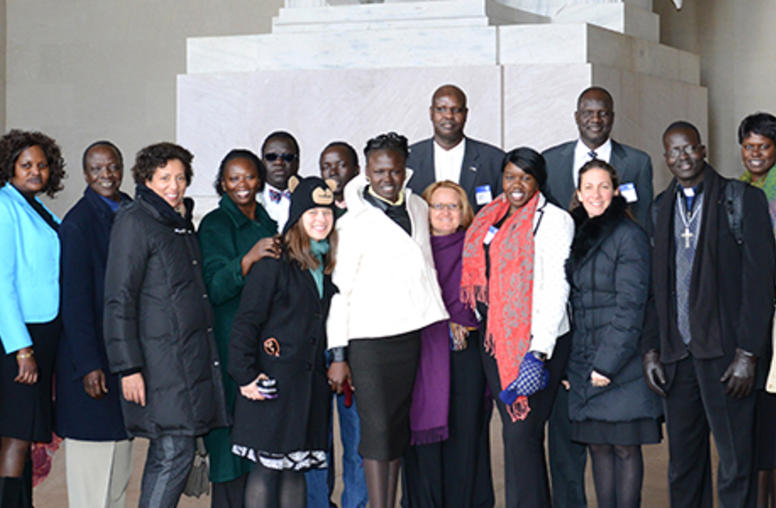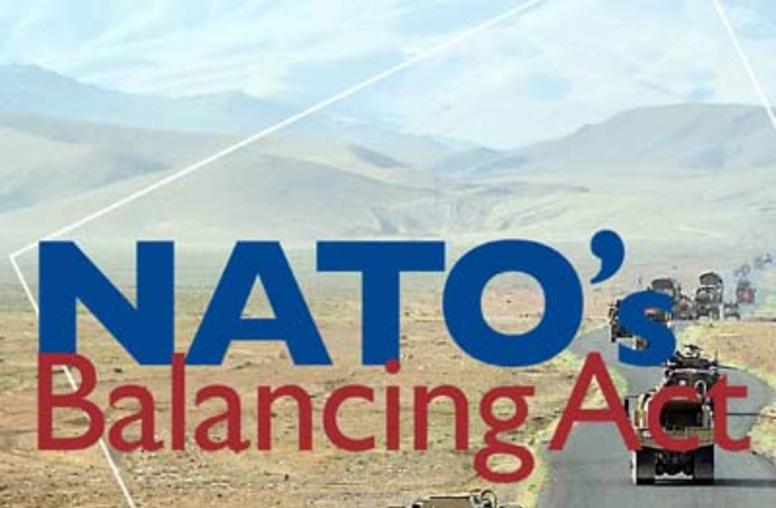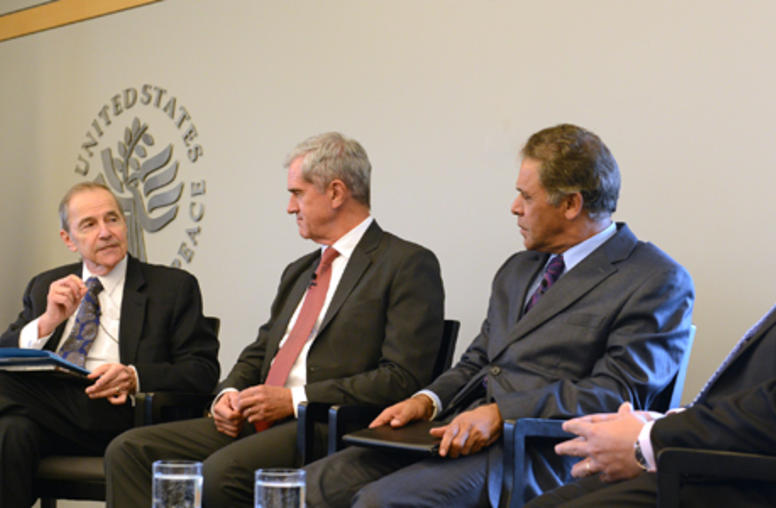Ten Years of KEDO: What Have We Learned?
On Thursday, March 10 three leading experts discussed what has been learned since the Korean Peninsula Energy Development Organization (KEDO) was established ten years ago to implement the provisions of the 1994 Agreed Framework between the United States and the Democratic People's Republic of Korea. The speakers focused especially on their experience in negotiating with North Korea and conducting multilateral diplomacy in northeast Asia.
Speakers
- Charles Kartman, Executive Director of KEDO
- Choi Young-Jin, Permanent Representative (Designate) of the Republic of Korea to the United Nations
- Stephen Bosworth, Dean, Fletcher School of Law and Diplomacy, Tufts University
- Paul Stares, Director, Research and Studies Program, U.S. Institute of Peace, Moderator
Media Inquiries
Please contact the Office of Public Affairs and Communications at 202.429.3832.



